Evo is a large language model that is not trained on words but on the genomes of millions of microbes. It can accurately predict the effects of mutations.
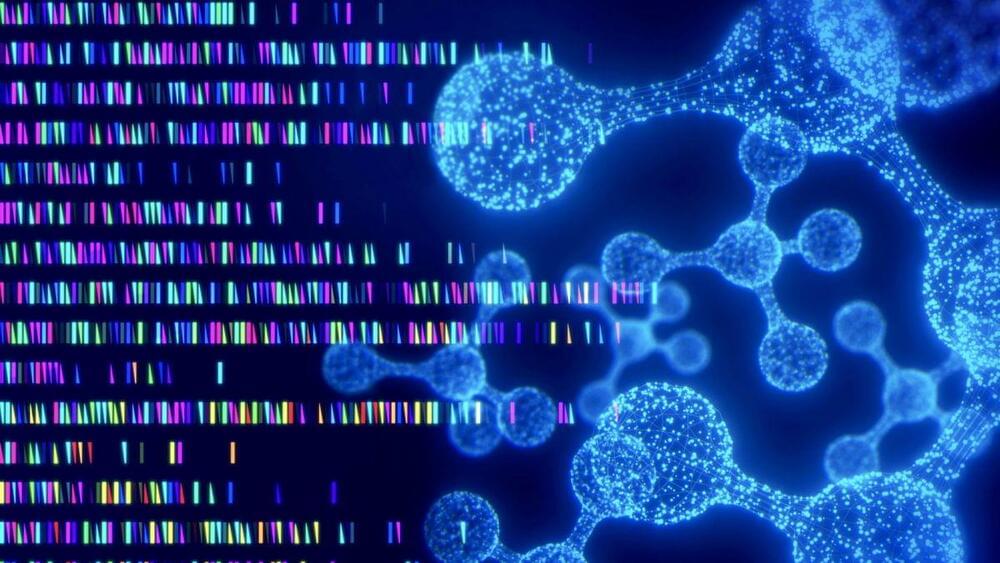

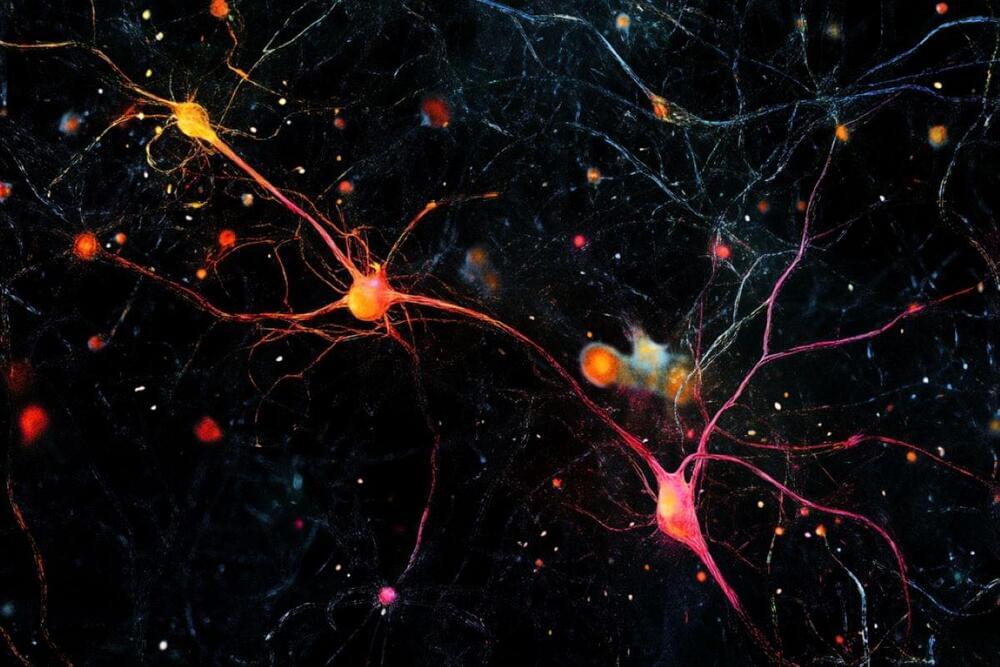
Summary: New research has revealed the diverse assembly and regulation of Type-A GABA receptors (GABAARs), which are crucial for balancing brain activity. Using cryogenic electron microscopy, researchers identified over 324,000 potential receptor structures, shaped by subunit combinations and their relative arrangement.
These variations influence receptor function, drug binding, and the brain’s response to stressors like pregnancy or chronic drug use. The findings pave the way for targeted therapies that enhance receptor-specific functions without inducing tolerance or dependence.
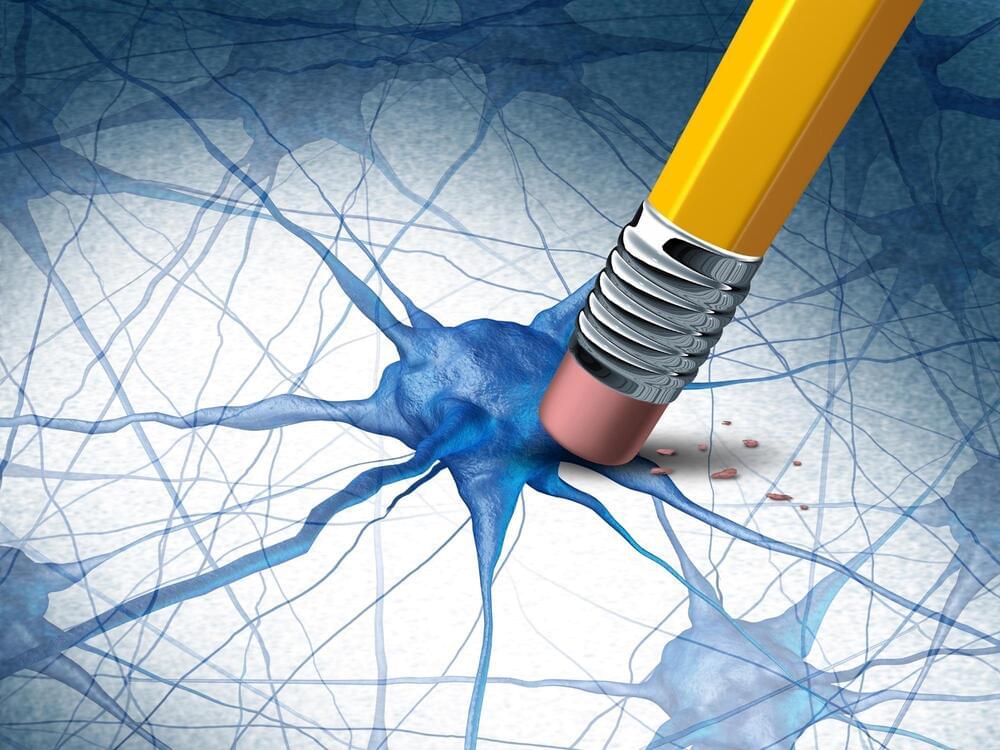
Alzheimer’s disease is marked by the gradual degeneration of nerve cells, resulting in memory and cognitive decline. A research team at KU Leuven and VIB investigated the molecular sequence driving this cellular breakdown, discovering specific inhibitors that can prevent nerve cell loss in various mouse models of the disease.
The findings open up new research avenues in the search for therapies that could halt or prevent the accumulation of brain damage occurring in Alzheimer’s.
Alzheimer’s disease, the leading cause of dementia, affects over 55 million people worldwide. The disease is characterized by the buildup of amyloid-beta plaques and tau protein tangles in the brain, which disrupt cell communication and lead to the widespread death of nerve cells. The consequences of this massive cell loss are the heartbreaking cognitive decline and memory loss for which the condition is well known.
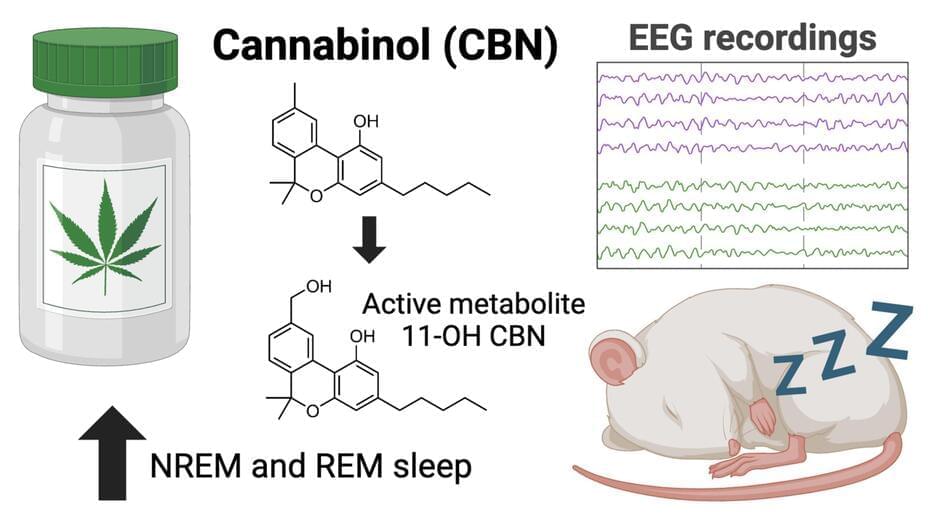
Research by scientists at the University of Sydney has identified a constituent in the cannabis plant that improves sleep. Their report is the first to use objective measures to show the component, known as cannabinol (CBN), increases sleep in rats.
The study has been published in Neuropsychopharmacology.
“For decades, cannabis folklore has suggested that aged cannabis makes consumers sleepy via the build-up of CBN, however there was no convincing evidence for this,” said lead author on the study Professor Jonathon Arnold, Director of Preclinical Research, at the Lambert Initiative for Cannabinoid Therapeutics and the Sydney Pharmacy School.
Join us on Patreon! https://www.patreon.com/MichaelLustgartenPhDDiscount Links/Affiliates: Blood testing (where I get my labs): https://www.ultalabtests.com/…
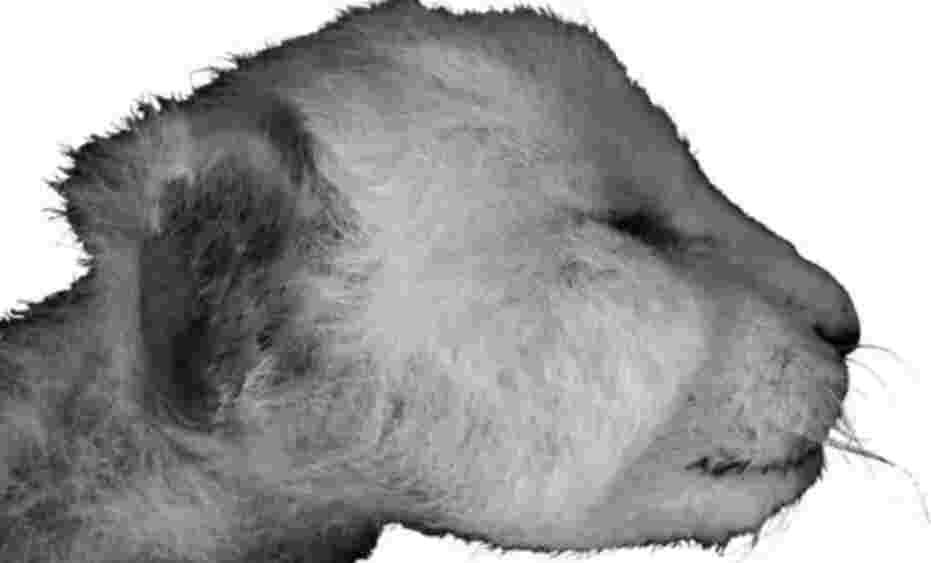
Siberian permafrost has thrown up yet another surprise for scientists. In 2020, a saber-tooth cat cub was found preserved in the frozen soil. A team of researchers has now detailed their findings in a study published this week in the Nature journal Scientific Reports.
Notably, in 2018, the permafrost also revealed a remarkably preserved cave lion cub. It was almost in perfect condition.
The mummy of the saber-tooth cat includes the animal’s entire head and one forelimb, its shoulders and rib cage, and one of its hind legs. To understand which species of the saber-tooth cat it belonged to, the team decided to study the mummy’s head and dental features.
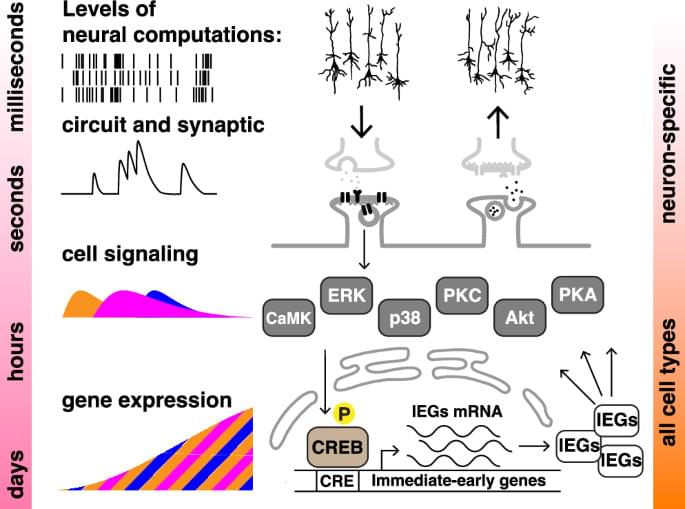
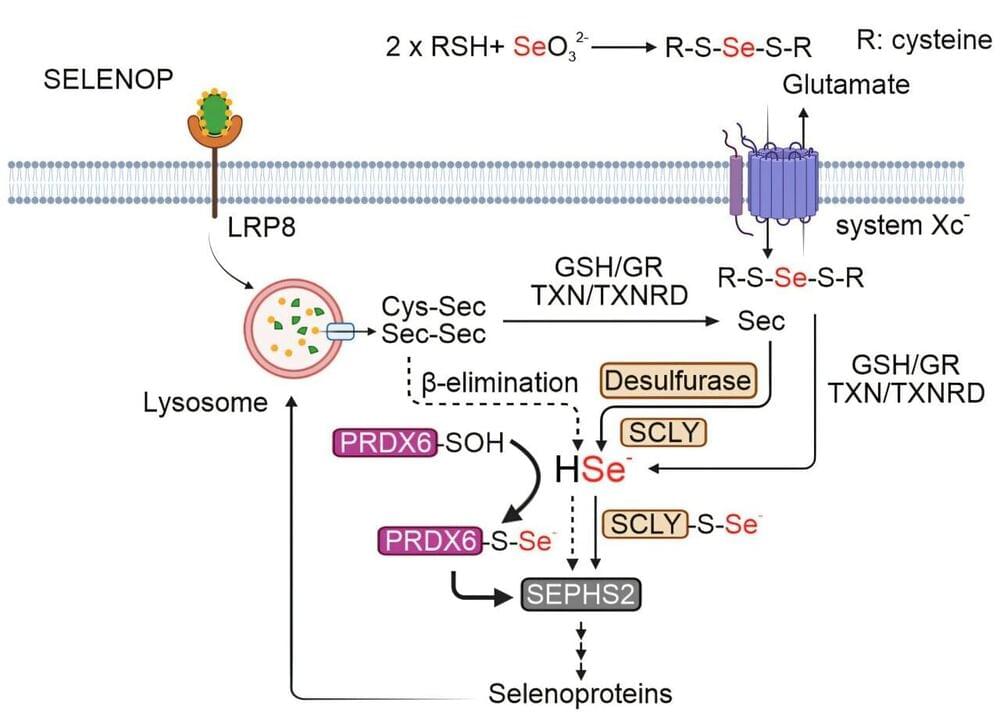
Selenoproteins are crucial for several biological functions, including the breakdown of harmful substances, immune system support, and regulating metabolic processes. However, in specific contexts, these proteins can be misused and shield cancer cells from death. One such protein, glutathione peroxidase 4 (GPX4), is vital in supporting cellular protection and cancer cell survival.
“This protective property of GPX4 creates a significant challenge for standard cancer therapies, as its activity has been shown to promote survival of drug-tolerant states,” says Professor Pedro Friedmann Angeli, chair of Translational Cell Biology at the University of Würzburg (JMU), Germany.
“But if we can inhibit GPX4 production, we may be able to target and destroy cancer cells. This is particularly promising for treating neuroblastoma, which primarily affects children.”

Water, a molecule essential for life, exhibits unusual properties—referred to as anomalies—that define its behavior. Despite extensive study, many mysteries remain about the molecular mechanisms underlying these anomalies that make water unique. Deciphering and replicating this distinctive behavior across various temperature ranges remains a significant challenge for the scientific community.
Now, a study presents a new theoretical model capable of overcoming the limitations of previous methodologies to understand how water behaves in extreme conditions. The paper, featured on the cover of The Journal of Chemical Physics, is led by Giancarlo Franzese and Luis Enrique Coronas, from the Faculty of Physics and the Institute of Nanoscience and Nanotechnology of the University of Barcelona (IN2UB).
The study not only broadens our understanding of the physics of water, but also has implications for technology, biology and biomedicine, in particular for addressing the treatment of neurodegenerative diseases and the development of advanced biotechnologies.
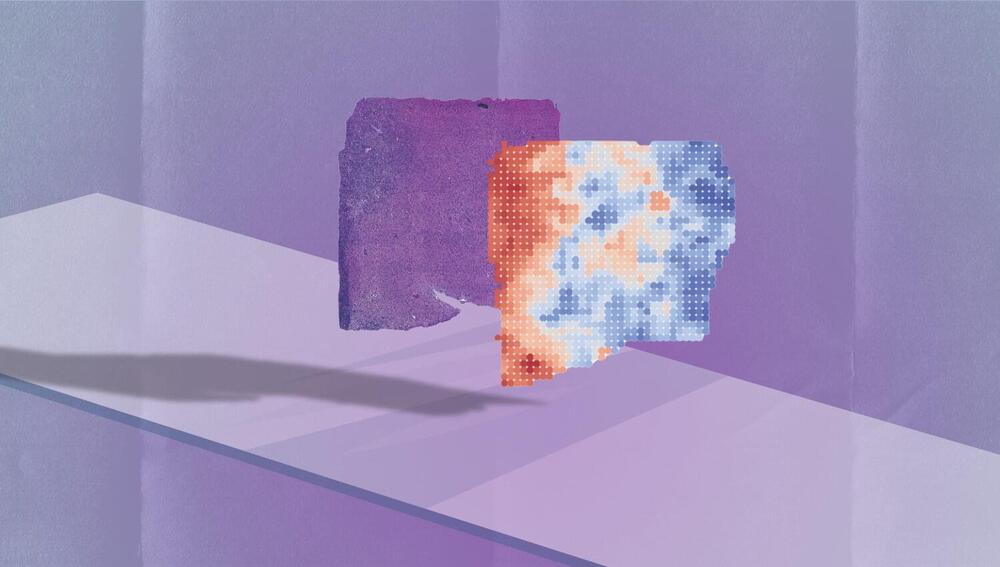
To determine the type and severity of a cancer, pathologists typically analyze thin slices of a tumor biopsy under a microscope. But to figure out what genomic changes are driving the tumor’s growth—information that can guide how it is treated—scientists must perform genetic sequencing of the RNA isolated from the tumor, a process that can take weeks and costs thousands of dollars.
Now, Stanford Medicine researchers have developed an artificial intelligence-powered computational program that can predict the activity of thousands of genes within tumor cells based only on standard microscopy images of the biopsy.
The tool, described online in Nature Communications Nov. 14, was created using data from more than 7,000 diverse tumor samples. The team showed that it could use routinely collected biopsy images to predict genetic variations in breast cancers and to predict patient outcomes.